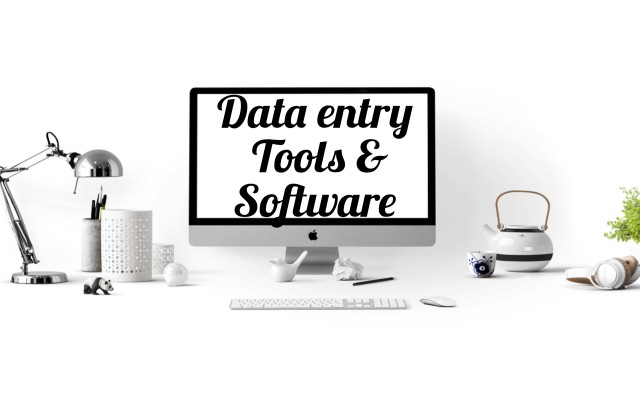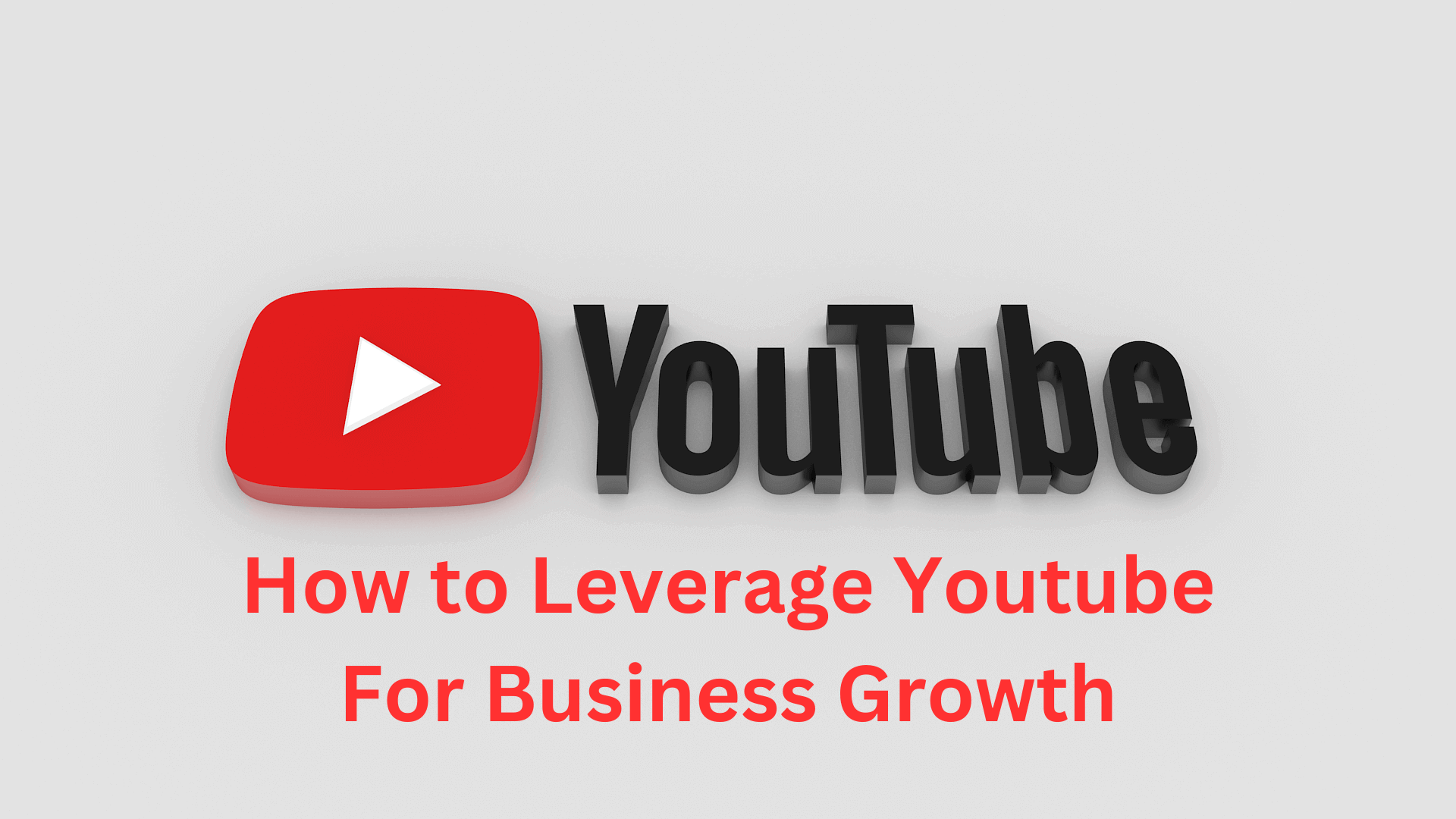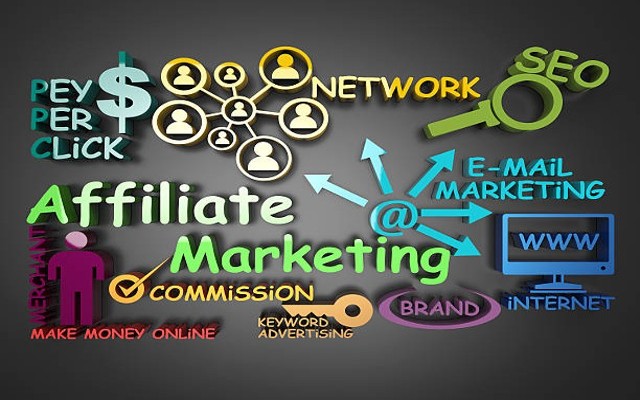The future of B2B digital marketing is rapidly evolving, and staying ahead of the trends requires adapting to the latest trends and techniques. As we move forward, we expect to see a greater emphasis on personalized and account-based marketing and the increased use of artificial intelligence and machine learning to enhance targeting and segmentation.
Additionally, the rise of virtual and augmented reality will revolutionize the way we engage with customers and tell brand stories. Moreover, the importance of data privacy and security will continue to grow, making it crucial for marketers to prioritize transparency and compliance.
To stay ahead, B2B marketers must also leverage the power of social media, influencer partnerships, and user-generated content to build trust and credibility with their target audience. By embracing these emerging trends and techniques, B2B marketers can drive business growth, foster meaningful connections, and stay competitive in their businesses.
This blog post will discuss the top Trends and techniques to stay ahead of the game as a B2B digital marketer.
READ ALSO: Top 7 B2B Digital Marketing Strategies for E-Commerce Businesses
What is the future of B2B businesses?
The future of B2B digital marketing involves several key trends and techniques that businesses must adapt to stay ahead.
What role is technology going to play in the future of B2B marketing?
Technology will play a significant role in B2B marketing in the following ways
- Automation
- Data analysis
- Digital platforms
- Customer experience
- Content optimization
- Account-based marketing
- Customer experience
READ ALSO: 10 Best Skills Needed for Digital Marketing
Top Trends and Techniques to Stay Ahead as a B2B Digital Marketer
Personalization and Customization
In this digital age, customers expect personalized experiences. B2B marketers must cater to this demand by leveraging data-driven personalization techniques. Personalization can involve tailoring content, offers, and communication channels to individual customers. This can be done based on their preferences, behaviors, and past interactions. By understanding their customers’ unique needs and pain points, B2B companies can create more engaging and relevant marketing campaigns.
READ ALSO: How Best SEO works in digital marketing
Artificial Intelligence (AI) and Machine Learning (ML)
The integration of AI and ML into B2B digital marketing is one of the trends that is steadily increasing. These technologies can automate various marketing tasks, such as lead scoring, content optimization, and customer segmentation. AI-powered chatbots can provide 24/7 customer support, while ML algorithms can analyze customer data to predict buying patterns and deliver personalized recommendations. B2B companies that embrace these technologies will have a competitive edge in the market.
Account-Based Marketing (ABM)
Account-Based Marketing (ABM) is a strategic approach that focuses on targeting and engaging specific high-value accounts, rather than a broader audience. By aligning sales and marketing efforts, B2B companies can create personalized campaigns that cater to the unique needs of their most valuable customers.
ABM allows businesses to allocate resources more efficiently, leading to higher conversion rates and stronger customer relationships.
READ ALSO: Digital Skills for a Successful Online Entrepreneurs
Video Content and Interactive Experiences
Video content has become an essential component of B2B digital marketing. Webinars, product demonstrations, and thought-leadership videos can effectively engage and educate potential customers.
Furthermore, the rise of interactive experiences, such as virtual tours, augmented reality (AR) applications, and interactive content has their contributions. It can help B2B companies stand out in a crowded market and provide a more immersive customer experience.
READ ALSO: Video Editing With CapCut: The How, Benefits & Why CapCut?
Social Media and Influencer Marketing
Social media platforms have become crucial channels for B2B marketers to reach and engage their target audience. By leveraging social media, B2B companies can showcase their expertise, build brand awareness, and foster relationships with potential customers.
Additionally, influencer marketing, wherein B2B brands collaborate with industry experts or thought leaders, can lend credibility and reach a wider audience.
READ ALSO: How to Become A Social Media Manager
Content Marketing and Search Engine Optimization (SEO)
Content marketing remains a cornerstone of trends in B2B digital marketing, as businesses strive to provide valuable, informative, and engaging content to their customers.
By creating high-quality content, such as blog posts, whitepapers, and industry reports, B2B companies can position themselves as thought leaders and attract potential customers through search engine optimization (SEO) strategies.
Omnichannel Approach and Customer Experience
In the B2B, customers expect a seamless and consistent experience across multiple touchpoints, from websites and social media to email and offline interactions. An omnichannel approach to B2B digital marketing ensures that customers can engage with a brand through their preferred channels, leading to improved customer satisfaction and loyalty.
Data-Driven Decision Making
The abundance of data available to B2B marketers has transformed the way they make decisions. By leveraging analytics and data-driven insights, B2B companies can better understand their customers, optimize their marketing campaigns, and make informed strategic decisions. This data-driven approach allows B2B marketers to measure the impact of their efforts and continuously refine their strategies for maximum effectiveness.
READ ALSO: Benefits of Data Visualization And Why Is a Top Data Skill
Automation and Workflow Optimization
B2B digital marketing is becoming increasingly complex, with various tools and technologies at play. Automation and workflow optimization can help B2B marketers streamline processes, reduce manual tasks, and improve overall efficiency.
Marketing automation platforms, for example, can automate email campaigns, lead nurturing, and other repetitive tasks, freeing up time for more strategic initiatives.
READ ALSO: Workflow Automation Tools: The best for Busy Remote Teams
Mobile-First Approach
In the digital age, mobile devices have become an integral part of the B2B customer journey. B2B marketers must adopt a mobile-first approach, ensuring their websites, content, and marketing materials are optimized for seamless mobile experiences. This includes responsive design, mobile-friendly content, and the integration of mobile-specific features, such as click-to-call and location-based services.
Cybersecurity and Data Privacy
As B2B companies increasingly rely on digital technologies, the importance of cybersecurity and data privacy has become crucial.
B2B marketers must prioritize the protection of customer data and ensure compliance with relevant regulations, such as the General Data Protection Regulation (GDPR) and the California Consumer Privacy Act (CCPA). Maintaining a strong cybersecurity posture and respecting customer privacy will be critical for building trust and maintaining long-term relationships.
READ ALSO: Cyber Security and Why It’s Important in Your Business
Sustainability and Social Responsibility
Sustainability and social responsibility have become crucial considerations for B2B customers. B2B companies that demonstrate a commitment to environmental and social causes can differentiate themselves in the market and attract customers who share these values.
B2B digital marketing can be used to showcase a company’s sustainability initiatives, corporate social responsibility efforts, and responsible business practices.
Conclusion
The future of B2B digital marketing is exciting and ever-evolving. By staying informed about the latest trends and techniques, B2B companies can adapt their strategies to meet the changing needs and expectations of their customers.
From personalization and AI to omnichannel experiences and data-driven decision-making, the B2B digital marketing field offers numerous opportunities for businesses to stay ahead of the trend and achieve sustained growth. By embracing these transformative trends, B2B marketers can position their organizations for success in the digital age.







